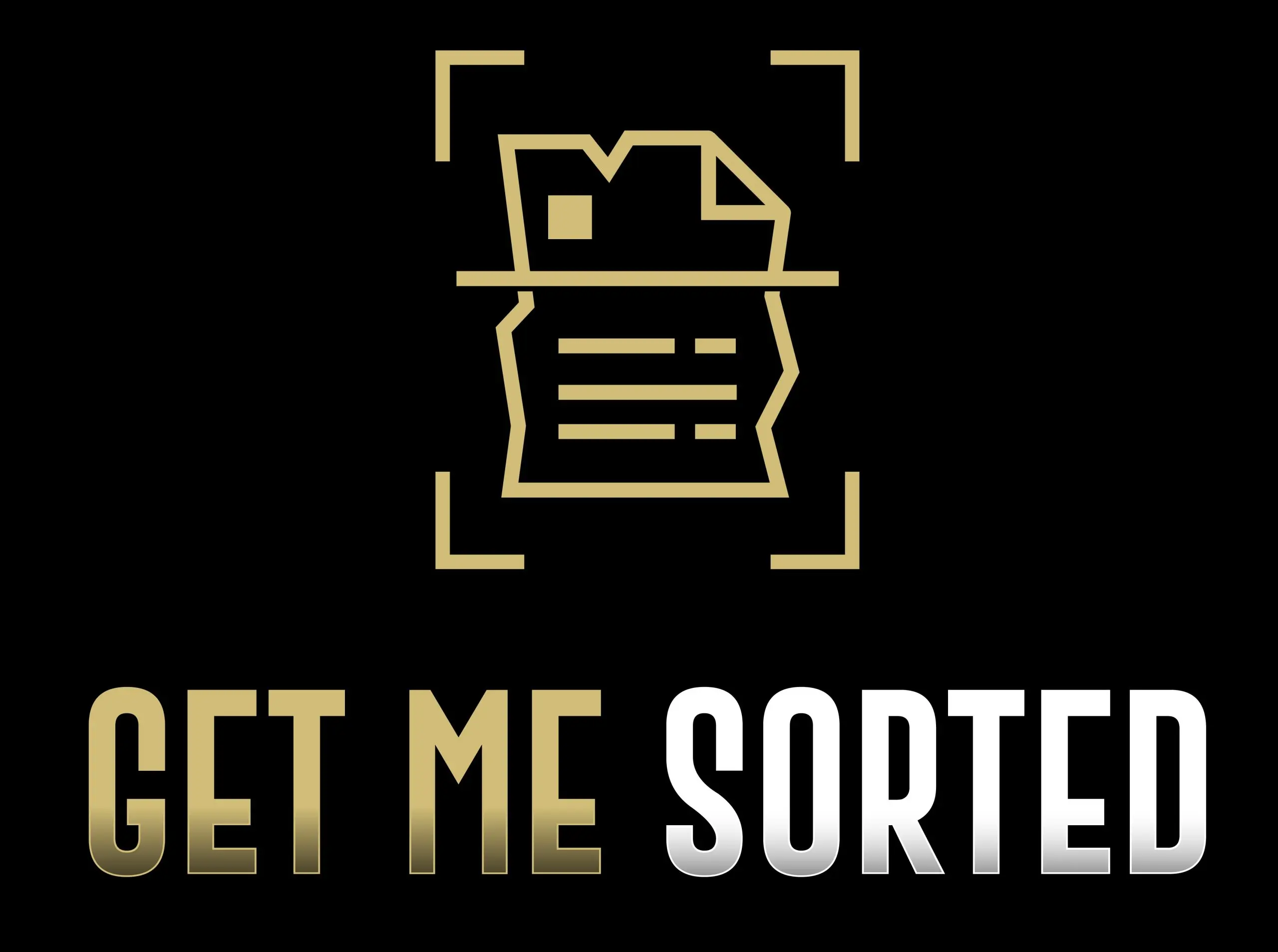Whether you’re a builder with a ute full of tools, a plumber navigating a complex job, or a small business owner juggling a dozen tasks at once, receipts are the financial backbone of your enterprise. They are the official proof for your tax claims, but as many find out the hard way, not all receipts are created equal. The Australian Taxation Office (ATO) has strict rules, and a simple slip-up can leave you and your accountant frustrated when it’s time to file.
Many receipts are incomplete, printed on paper that fades faster than the weekend, or are missing the one detail that could make or break your claim. Let’s break down what makes a receipt truly count in Australia, the common mistakes to sidestep, and why your supplier’s ABN is your golden ticket to a smoother tax time.
The Anatomy of a Perfect Tax-Deductible Receipt
- Supplier’s Name: The legal or trading name of the business you paid.
- Supplier’s ABN: Their Australian Business Number (unless they are exempt).
- Date of Purchase: The day the transaction occurred.
- Description of Goods or Services: This needs enough detail to clearly identify what you bought.
- Total Amount Paid: This figure should include GST if it was applied.
Without these core elements, you risk having your expense claim rejected—or at the very least, forfeiting the GST credit you were counting on.
The 6 Common Receipt Traps and How to Avoid Them
- The Fading Phantom: Thermal paper used for fuel and hardware receipts is notorious for fading into blankness within months.
- The Missing ABN: If the supplier’s ABN isn’t listed, you simply cannot claim the GST portion of that expense.
- The Illegible Identity: Unclear, smudged, or incomplete business names make it impossible for the ATO to verify the supplier.
- The Vague Description: A line item that just says “general goods” or “supplies” won’t fly. The ATO needs to know what you purchased.
- The Handwritten Headache: While not invalid by default, handwritten receipts are frequently missing one or more of the essential details.
- The Lost and Damaged: A receipt that’s been through the wash or lost under a car seat is as good as no receipt at all. No proof means no claim.
ABN or Bust: Why This Number is Non-Negotiable
Think of the supplier’s Australian Business Number (ABN) as the key that unlocks your GST credits. Here’s why it’s so critical:
- No ABN, No GST Claim: It’s that simple. Without the supplier’s ABN on the receipt, you cannot include the GST you paid in your input tax credits on your Business Activity Statement (BAS).
- ATO Red Flag: Missing or invalid ABNs are a common trigger for ATO audits and compliance checks.
- Exemptions Are Rare: While some suppliers may be exempt from quoting an ABN (for instance, if they are below the GST registration threshold), they are required to state this on the invoice or receipt.
For tradies and business owners who spend thousands a year on materials, fuel, and tools, ensuring every receipt has a valid ABN can be the difference between a healthy tax return and a painful bill.
Ditch the Shoebox: The Modern Way to Stay Compliant
At the end of the day, receipts are far more than just scraps of paper crumpled in your glovebox or stuffed in a shoebox. They are legal proof that can directly translate into serious savings at tax time. By ensuring every receipt has the five must-have details and checking for a valid ABN, you protect your deductions and make your accounting infinitely simpler.
If your receipts are currently overwhelming your wallet or desk, it’s time to take action. Get Me Sorted is here to take the headache out of your paperwork. We can scan, digitise, and securely store your receipts, so you’re always compliant and ready for tax time. Stop worrying about faded ink and lost paper, and let us help you build a bulletproof financial record.
Contact us to learn how we can get your receipts sorted for good.
Get Me Sorted can scan, organise, and store your receipts securely — so you’re always tax-ready.
If your receipts are currently stuffed in a glovebox, box, or drawer, now’s the time to turn that crumpled pile into a compliant, easy-to-access system.

Australian Owned and Operated

Great Customer Service



